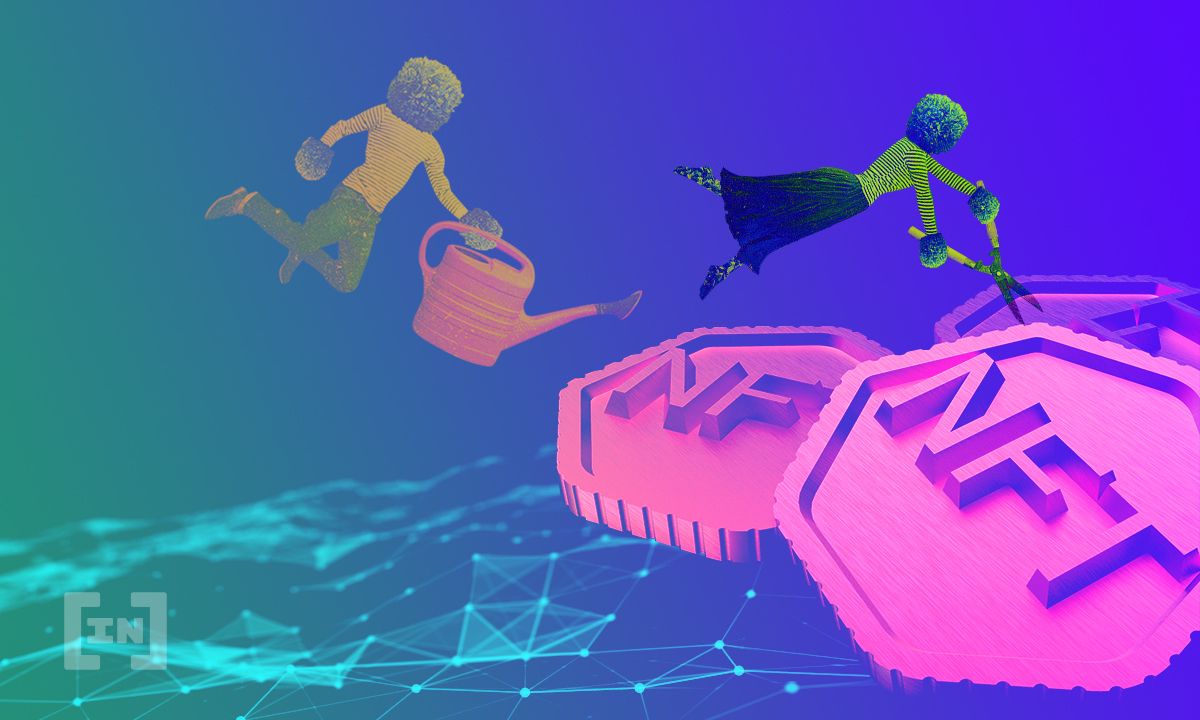Gaming has always been a popular past-time and the profits from this industry have reached new heights. However, while gamers may enjoy playing and spending money in their favorite game, unlike the real world, they don’t really own what they buy. This is where NFTs come in.
The in-game sales industry
The in-game item sales industry is massive. In these virtual worlds, you have expensive items, which can cost thousands of dollars, like virtual swords, skins, to name only a few.
Players buy the items for use within the virtual world of the game. These items can improve a character or enhance the playing experience. The virtual goods exist only in the games, and the game creators are quite controlling of them.
Players generally aren’t able to profit from a game. This is because selling off in-game items becomes a violation of the license. Rather, video game creators likely have legal recourse to show a player profited from their property and might even be entitled to compensation.
As such, there is still a lack of true ownership when it comes to in-game objects.
Blockchain frees up items and ownership
Gaming is an important use case for blockchain, and NFTs can make the games more immersive.
The idea behind blockchain-based in-game items, which are essentially just NFTs, is simple. On a blockchain-based game, gamers can actually own their in-game items.
The idea is to create a system that makes these items trackable and tradable. In addition, I don’t see NFTs having any other use case at the given moment. Especially not in the form that the NFT is currently propagated, at least.
The problem for in-game items centers upon the walled garden nature of the gaming industry. Companies like Steam maintain their own standards in a closed system. They can lock a player’s items on a whim.
Now, NFTs offer the opportunity for an open system ready for mass adoption with means of distribution. It could be accessible and standardizes creating NFTs across games, so the games and items can be interoperable across games and marketplaces.
An example from gaming history
Almost 20 years ago, there was the world-famous massively multiplayer online role-playing game – EVE Online. It is a big economic software simulation about a planet.
In the old days of this space-based, game, crazy stuff would happen around in-game items. More than ten years ago, you saw insane pricing dynamics on in-game items, like space stations, which were being priced at hundreds of thousands of dollars.
In the game, players participate in several in-game professions and activities, including mining, piracy, manufacturing, trading, exploration, and combat.
The in-game items on EVE Online are all crafted by players. We’re talking about a space station in a virtual world, in a computer game that has been built by people who started by digging rocks and building their own virtual galaxies.
NFTs would be fantastic for such a game because you could create passive or active incomes through activities in that game.
However, there is a concern when it comes to the price of these in-game items, where is the top? An in-game vase shouldn’t be astronomically expensive.
A real-world, virtual world
The use of NFT’s in gaming can enable players to have full control of their in-game items that they win or purchase. This allows them to have a unique identity credited to their account, which contains their items.
In some of these games, like Call of Duty Warzone, players could even possibly create their own items and incentivize others to make donations using in-game credits.
You could buy parts and create your own chair, for example, which is unique and verifiable thanks to blockchain.
NFTs bring the potential for actual trackable value. There’s no reason for in-game purchases to be one-time, non-transferable investments locked in a specific game.
With blockchain, players can own the items, take them out of the games, and sell them on the open market for profit in a decentralized fashion.
It is a total revamping of online gaming as we know it. The pandemic has driven an increase in online gaming, which is one of the largest consumer applications.
The blockchain and specifically NFTs could transform the economic model for gaming. In turn, the stakes for gamers would never be the same again.
Disclaimer
In compliance with the Trust Project guidelines, this opinion article presents the author’s perspective and may not necessarily reflect the views of BeInCrypto. BeInCrypto remains committed to transparent reporting and upholding the highest standards of journalism. Readers are advised to verify information independently and consult with a professional before making decisions based on this content. Please note that our Terms and Conditions, Privacy Policy, and Disclaimers have been updated.


